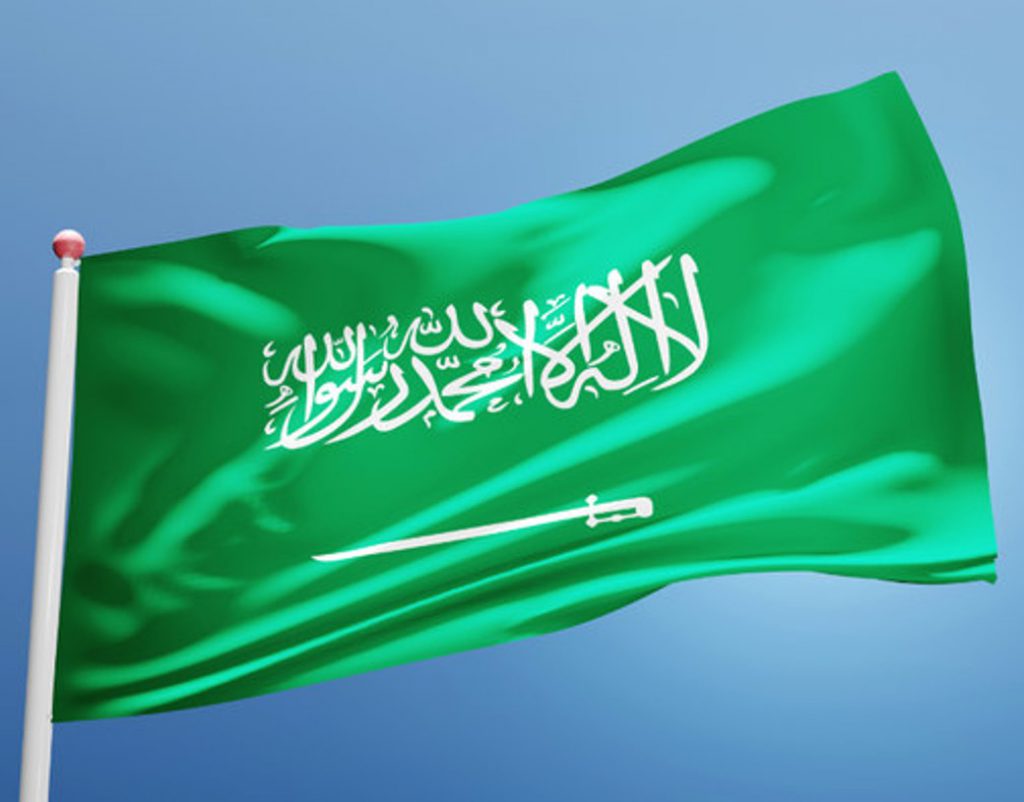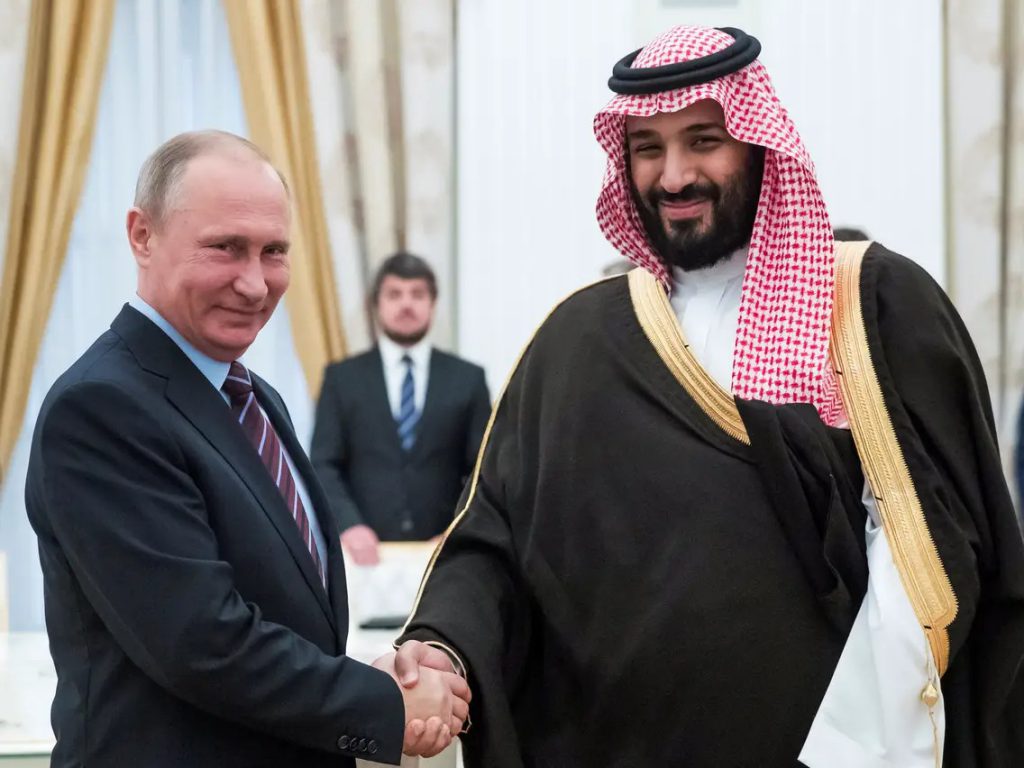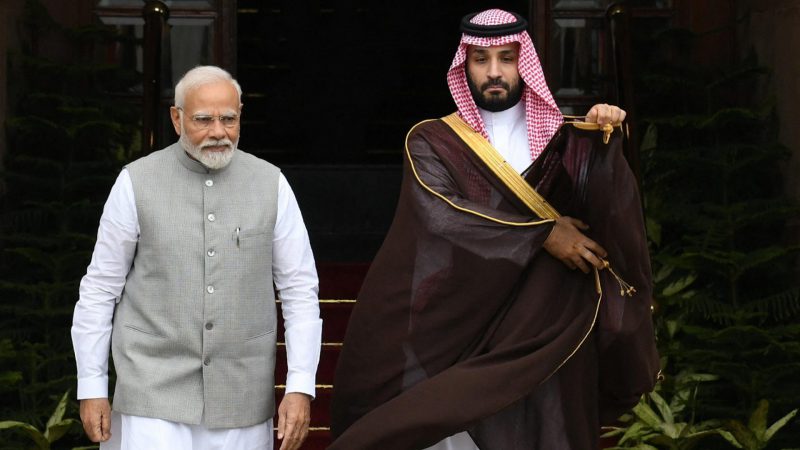Following its inclusion in the BRICS alliance, Saudi Arabia’s budget deficit is set to hit $21 billion amid the country’s diversification efforts. However, the GDP growth of the nation is still estimated to exceed 4% due to the growth of the country’s non-oil sector.
The country has increasingly sought to grow its economy outside of its massive oil production. Furthermore, its budget forecast for the coming year notes the potential increase in its deficit. Especially due to the volatility of the current toil market through the rest of the year.


Also Read: IMF Voices Support for BRICS Alliance and Global Cooperation
Saudi Arabia Budget to See $21 Billion Deficit Despite Non-Oil Growth
The BRICS economic alliance made waves last month when it announced a six-country expansion. Indeed, the bloc welcomed Saudi Arabia, Iran, the United Arab Emirates (UAE), Egypt, Argentina, and Ethiopia to join Brazil, Russia, India, China, and South Africa.
Now, one of those key additions is set to struggle in the short term as it balances ongoing issues with the overall market. Specifically, new BRICS member Saudi Arabia is set to have a budget deficit reach $21 billion next year. Indeed, the budget projection has noted the reality despite growth away from the oil industry.


Also Read: Saudi Arabia Looking to Acquire International Oil & Gas Assets
Bloomberg reports that the revised forecasts have expressed a surplus every year prior to 2025. Thereafter, the country is expecting a budget deficit until at least 2026. Additionally, the forecasts note that the $1.1 trillion economy will barely avoid a contraction this year. Especially as it grapples with an uncertain oil market and continues to diversify.
Saudi Arabia presents a key point of potential for the growth of the BRICS. Its oil production and overall economic health were key benefits of the bloc’s expansion. Yet, the short-term downturn of its budgetary developments could be cause for concern. Still, diversification in the long run appears to have a key benefit as the bloc continues to grow through the next several years.





